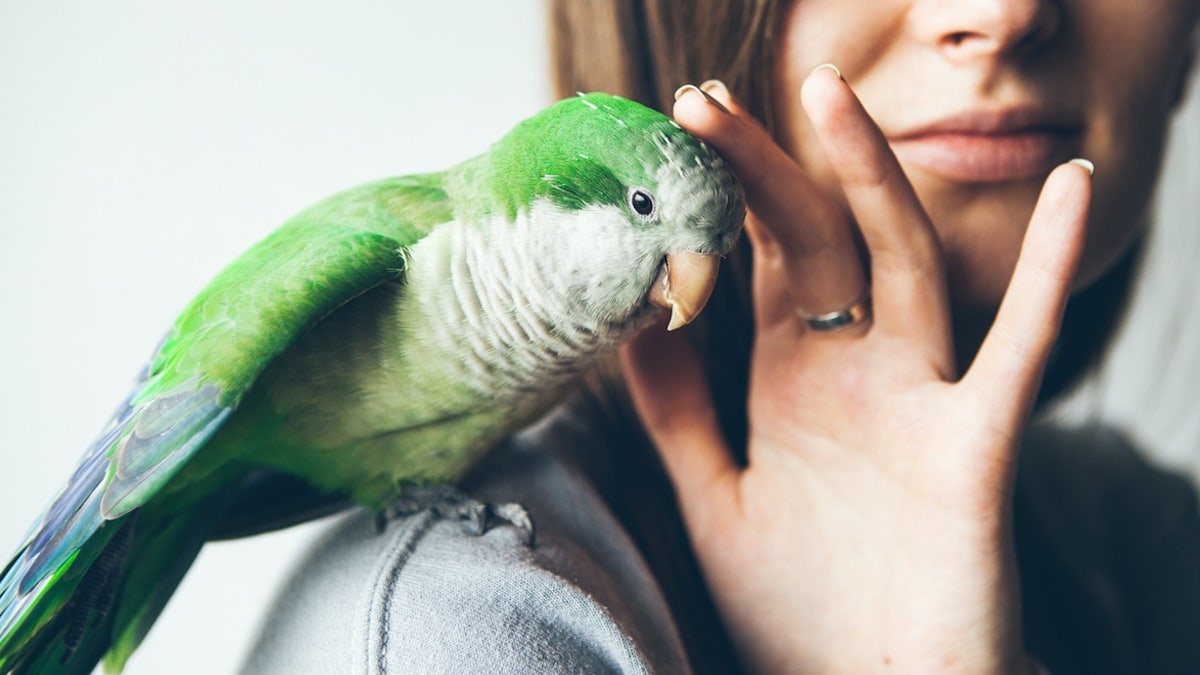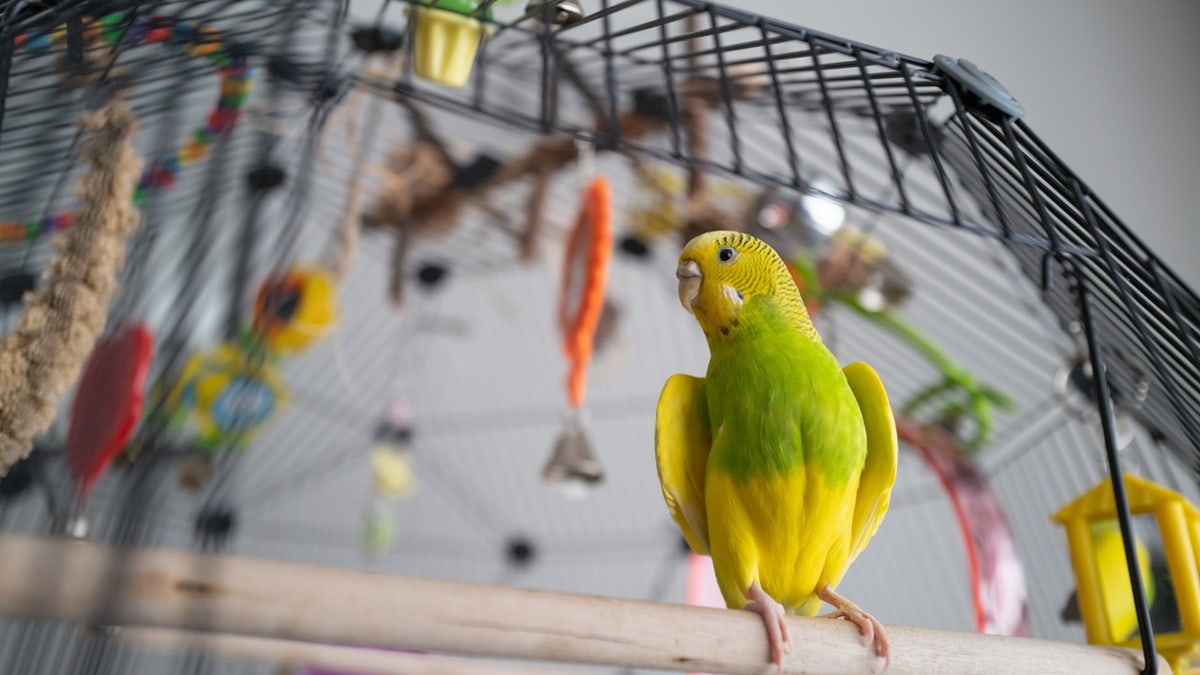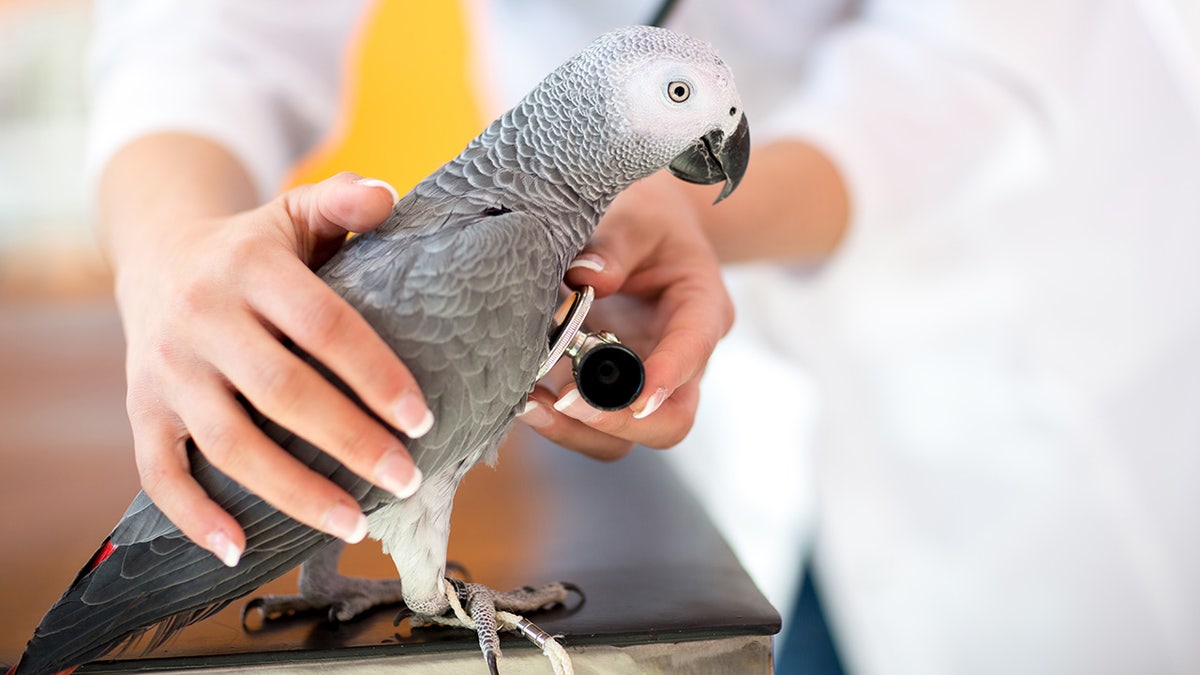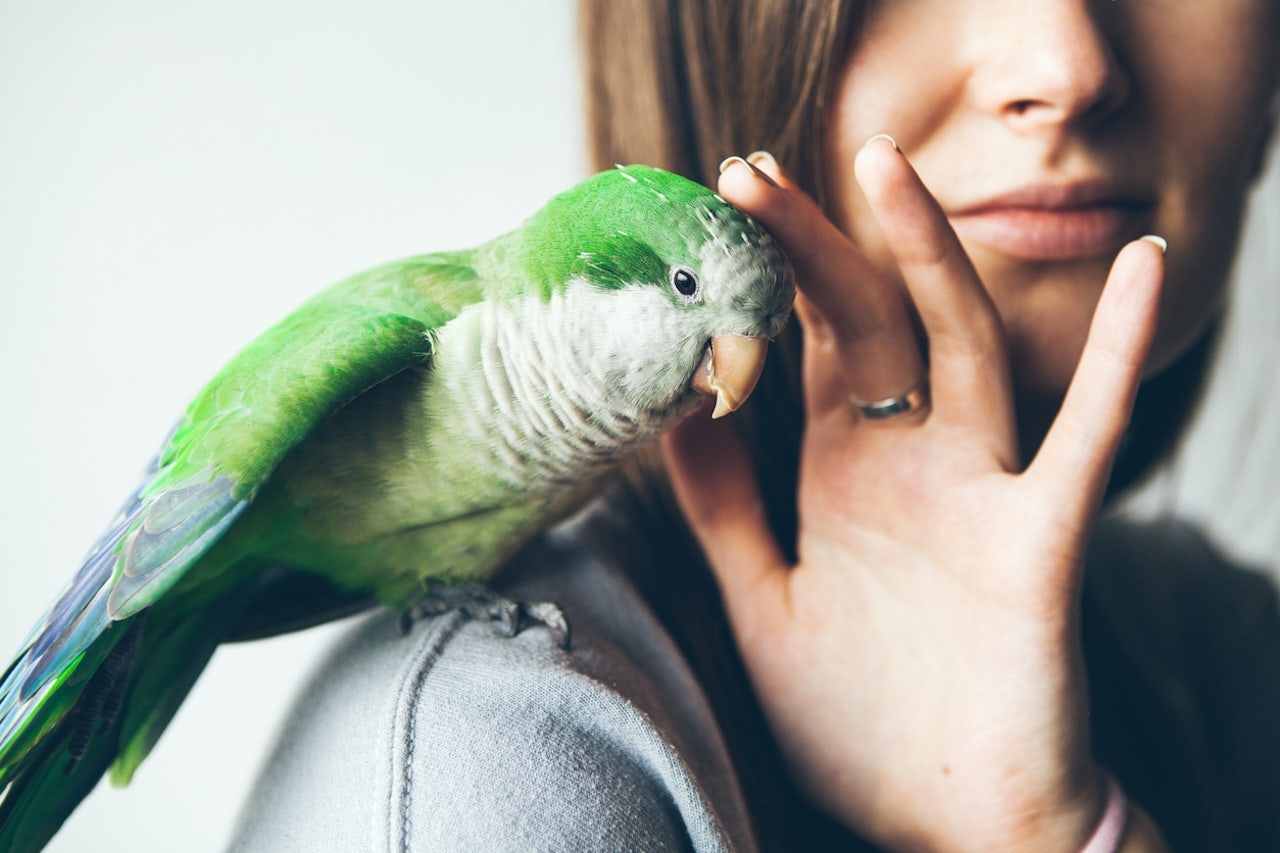A bacterial infection known as parrot fever has killed five people in Europe, according to an announcement from the World Health Organization (WHO).
The illness is caused by a bacteria called Chlamydia psittaci (C. psittaci), which often originates from birds, according to the U.S. Centers for Disease Control and Prevention (CDC).
An increase in cases was reported by Austria, Denmark, Germany, Sweden and The Netherlands, starting in late 2023 and continuing into 2024.
BUBONIC PLAGUE IN THE US: DO YOU NEED TO WORRY ABOUT CATCHING THE RODENT-BORNE DISEASE?
Five deaths have been reported.
“Exposure to wild and/or domestic birds was reported in most of the cases,” WHO wrote in the announcement.

A bacterial infection known as parrot fever has killed five people in Europe, according to an announcement from the World Health Organization. (iStock)
“Human infections occur mainly through contact with secretions from infected birds and are mostly associated with those who work with pet birds, poultry workers, veterinarians, pet bird owners and gardeners in areas where C. psittaci is epizootic in the native bird population.”
The countries are investigating exposures in the cases and analyzing samples from wild birds that were originally obtained for avian influenza testing.
‘ARCTIC ZOMBIE VIRUSES’ COULD BE RELEASED BY CLIMATE CHANGE FROM THAWING PERMAFROST, SOME SCIENTISTS CLAIM
“The World Health Organization continues to monitor the situation and, based on the available information, assesses the risk posed by this event as low,” the statement said.
The condition is rare in the U.S., only affecting about 10 people per year, according to Dr. Marc Siegel, clinical professor of medicine at NYU Langone Medical Center and a Fox News medical contributor.
How is this illness spread?
“Parrot fever can easily spread among birds when they are in close contact or confined in small spaces,” Donal Bisanzio, PhD, a senior epidemiologist with RTI International, a research institute in North Carolina, told Fox News Digital.
While not all infected birds will show symptoms, most will have some behavioral changes.

Those at highest risk for parrot fever include people who own birds or work closely with bird pets. (iStock)
“Birds affected by parrot fever will often have reduced appetite, lethargy, weight loss, diarrhea (usually with yellowish droppings), ocular discharge and breathing issues,” said Bisanzio.
“Parrot fever is also a zoonosis, meaning it can be transmitted to humans by infected birds,” he added.
Most people are exposed by breathing in airborne dust particles from infected birds’ droppings and respiratory secretions, which contain the bacteria.
Direct contact with birds can also transmit the infection.
WHAT IS ALASKAPOX? FIRST FATALITY REPORTED FROM ANIMAL-BORNE VIRUS, LIKELY CONTRACTED FROM STRAY CAT
Those at highest risk include people who own birds or work closely with pet birds, such as pet shop employees, poultry farm workers or veterinarians, according to Bisanzio.
“Humans can be exposed to the bacterium causing the disease by handling infected birds or cleaning their cages,” he said.
Pet owners should always have newly acquired birds or birds showing symptoms of the disease examined by veterinarians specializing in bird health, the expert recommended.

Those at highest risk for parrot fever include people who own birds or work closely with pet birds, such as pet shop employees, poultry farm workers or veterinarians, according to an expert. (iStock)
Droppings left on bird feeders could also be a potential source of exposure.
“People should be careful when cleaning and replenishing bird feeders in areas affected by the outbreaks,” Bisanzio said.
The bacteria has not been found to spread through cooking or consumption of poultry.
Human outbreak risk is low, experts say
Although C. psittaci has been found in other small mammals — including dogs, cats, horses and reptiles — birds are most likely to transmit the bacteria to humans.
“It is not easily transferable from human to human, so it will not cause a large outbreak and is dependent on exposure to birds that have it,” Siegel told Fox News Digital.
“A significant portion of reported cases have required hospitalization due to pneumonia symptoms.”
Given the rarity of human-to-human transmission, Bisanzio said the disease typically leads to small, localized outbreaks in humans, often associated with exposure to pet or wild birds.
“Many cases have reported contact with wild birds, which suggests a potential outbreak of parrot fever in the wild bird population in the affected areas,” he said.
In the current European outbreaks, Bisanzio noted that more information is needed to better understand the source of exposure.

People infected by C. psittaci usually exhibit flu-like symptoms, including fever, headache, diarrhea, cough, muscle pain and fatigue. (iStock)
“Countries where outbreaks have been reported, as well as their neighboring countries, should enhance surveillance of both wild birds and pet birds that may come into contact with wild birds,” he said.
“Physicians practicing in outbreak areas and regions at high risk of transmission should be made aware of the potential exposure risk for individuals and encouraged to test those presenting symptoms that could be associated with parrot diseases.”
Symptoms, diagnosis and treatment
People infected by C. psittaci usually exhibit flu-like symptoms, including fever, headache, diarrhea, cough, muscle pain and fatigue, according to the U.S. Centers for Disease Control and Prevention (CDC).
Symptoms usually begin within five to 14 days after exposure.
If left untreated, the disease can progress to pneumonia.
CLICK HERE TO SIGN UP FOR OUR HEALTH NEWSLETTER
“Since Dec. 2013, European countries such as Denmark and the Netherlands have reported an increased number of human cases, some of which have been fatal, prompting concern among public health authorities in Europe,” said Bisanzio.
“A significant portion of reported cases have required hospitalization due to pneumonia symptoms.”
Parrot fever can be diagnosed by collecting phlegm, blood or nose and/or throat cultures.

Pet owners should always have newly acquired birds or birds showing symptoms of the disease examined by veterinarians specializing in bird health, an expert recommended. (iStock)
After diagnosis, antibiotics can be prescribed to treat the infection and alleviate symptoms, per the CDC.
Most people recover fully, but in rare cases the infection can cause complications including pneumonia, inflammation of the heart valves, hepatitis and neurologic problems.
CLICK HERE TO GET THE FOX NEWS APP
With antibiotics, less than one in every 100 cases is fatal.
People who have been in contact with wild or pet birds and are experiencing symptoms of parrot fever should see a doctor for evaluation and treatment, experts advise.
For more Health articles, visit www.foxnews.com/health.






